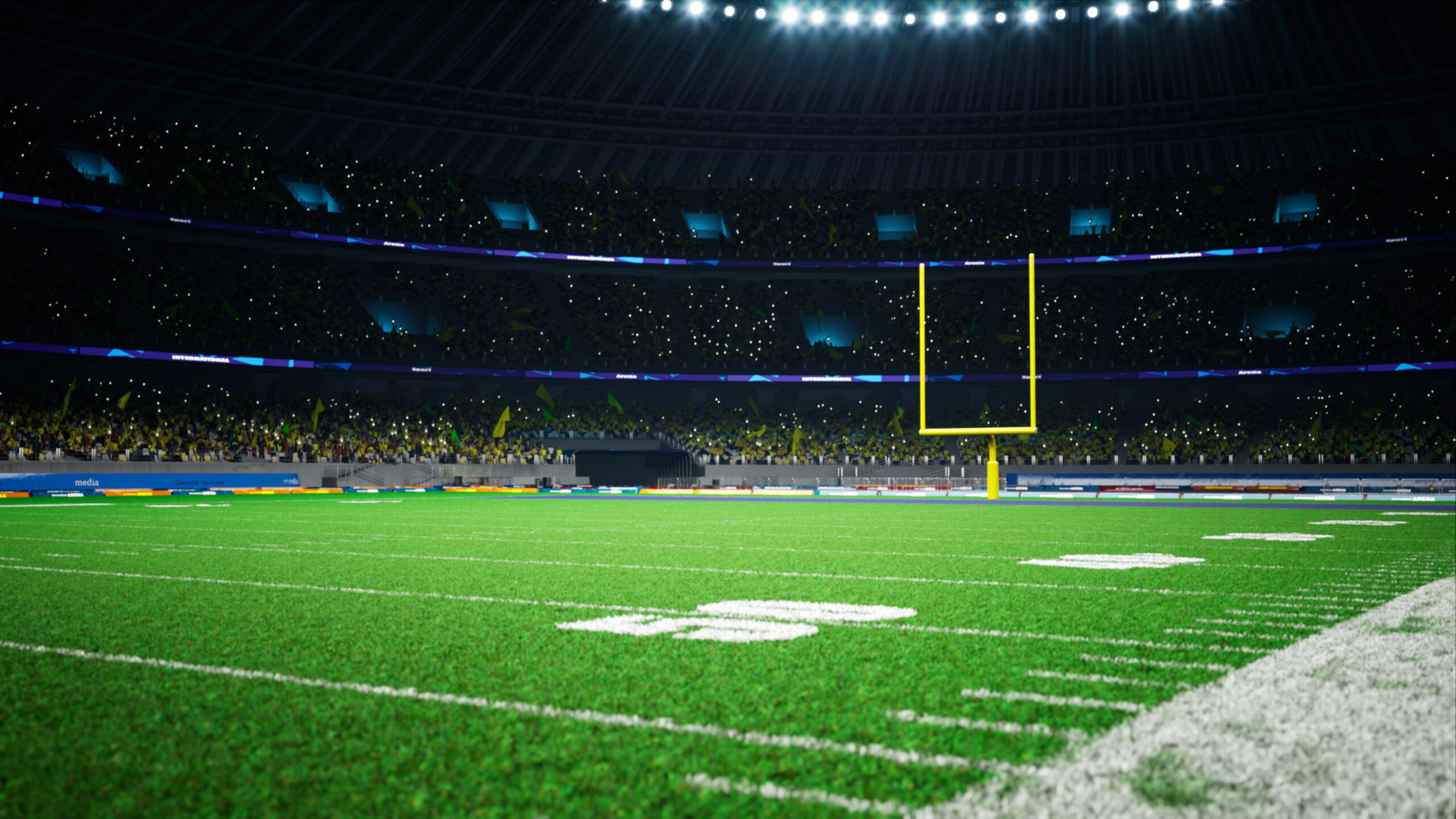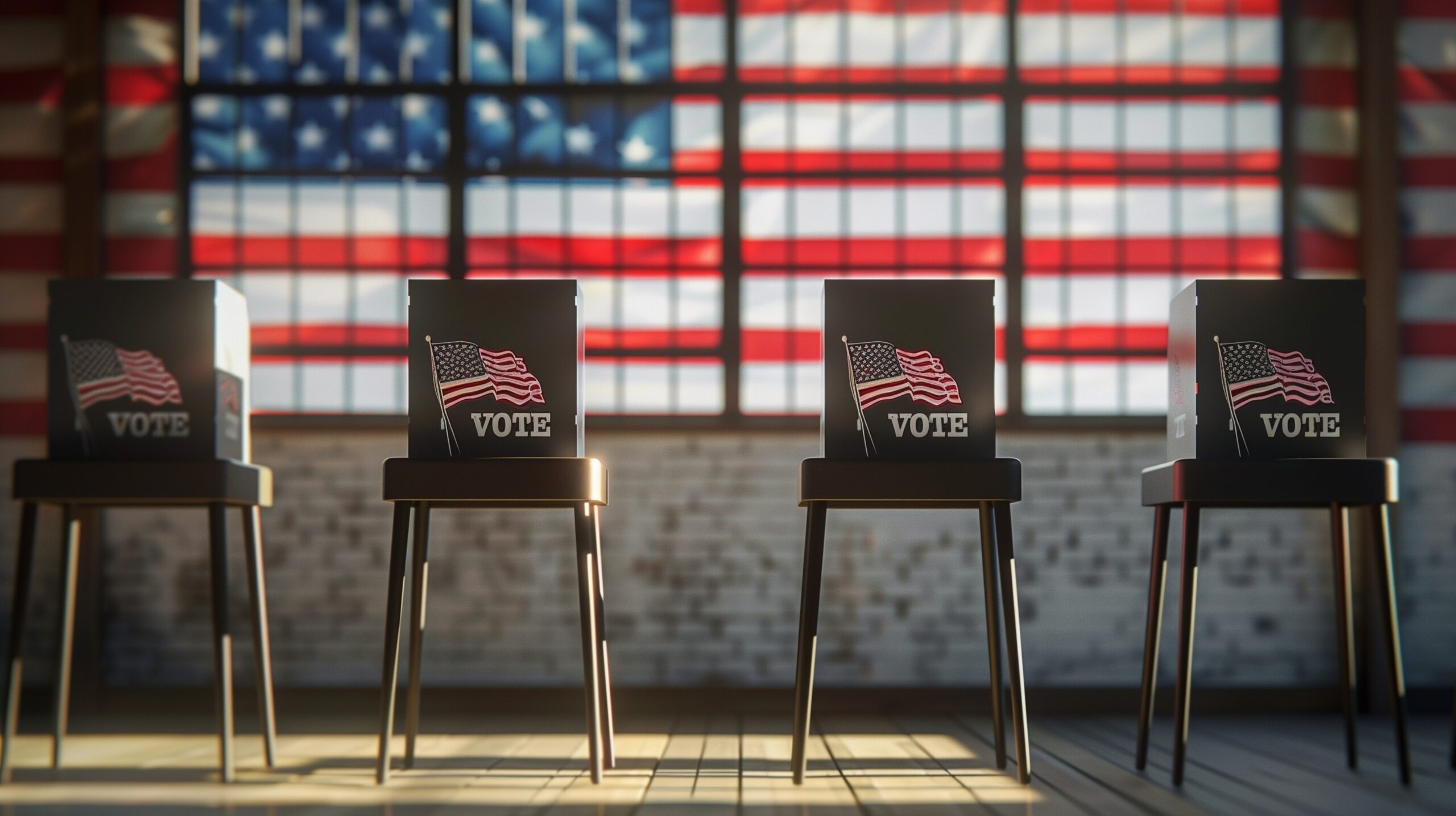
“The hardest part of being a judge,” wrote Jackson, Wyoming, Circuit Court Judge Curt A. Haws, “is leaving the attorney you were in chambers.”
This month’s one-question poll* of NJC alumni proved that.
The question was: “Have you ever accidentally said ‘Objection’ or anything similar, momentarily forgetting you were now a judge, not an attorney?”
Of the 310 judges who responded, 37 percent admitted they had.
“Who hasn’t?” asked one judge.
Most said the faux pas happened early in their career.
“Shortly after I took the bench,” wrote retired circuit court Judge Charles A. Yeargan of Murfreesboro, Arkansas. “Needless to say, it was embarrassing!”
“First day on bench,” wrote another. “Both lawyers (friends) tried not to laugh.”
Two different judges reported having called an attorney “Your honor.”
One recalled ineffectually trying to cover up an uttered “Objection” with “Ahem…”
There were judges who blurted out “Objection” and promptly overruled themselves and at least one who sustained the objection.
Municipal Court Judge Thomas E. Sullivan of Fontana, Wisconsin, spoke for several other judges when he wrote that he had no regrets about the objections he made from the bench.
“I have had lawyers doing such inappropriate things to pro se litigants that I have had to stop them. The classic was an attorney who asked a litigant in an eviction, ‘Why are you lying?’”
Retired Judge Kitty Schild from El Paso County, Texas, would not admit to having made an objection but said she once did “the opposite.”
“While I was a judge, I was subpoenaed to testify in probate court concerning a will that I had prepared when I was in private practice. Of course, I knew the judge and the attorneys. One of the attorneys asked permission to ‘approach the witness.’ Without hesitation, from the witness stand, I said ‘Of course’ a split second before the real judge responded! Luckily, everyone, including the judge, laughed.”
Another judge outed “a friend who came on (the bench) the same time as me” for saying “Objection” during a DUI bench trial: “He was a longtime prosecutor and everyone in the courtroom went silent. He then looked at the prosecutor and said, ‘I knew you were going to say that!’”
Sometimes the right word eludes a judge. A couple of prosecutors-turned-judges recalled mistakenly referring to the “state” or the “Commonwealth” when they meant the “court.”
Municipal Judge Dana E. Bertling of Big Bend, Wisconsin, said one time an attorney objected in her court and she momentarily couldn’t think of the words “overruled” or “sustained.”
“Both attorneys looked at me awaiting an answer.”
Another confessed to having signed orders on the line for the plaintiff’s or the defendant’s attorney “before remembering that I am neither.”
One judge told of a colleague on the court of appeals who forgot he was no longer a trial judge.
“He told a lawyer appearing before his panel that he was unpersuaded and that the lawyer should sit down. The lawyer, whose time had not expired, just looked at the presiding judge and was directed to continue.”
Among the judges who claimed they had never blurted out “objection,” many admitted to having wanted to or wanted opposing counsel to. Sometimes this even seemed to work.
An anonymous judge wrote: “I have no doubt my body language has been read to kick an occasional attorney into making an objection.”
Another judge complained, “I have often been surprised when attorneys do not object when it is obvious that an objection is in order. Too often they are so focused on following their prepared script that they miss obvious objections or crucial responses!”
Susan Alexander of the Lower Elwha Klallam Tribal Court in Port Angeles, Washington, wrote that she never made the mistake of objecting in her 25 years as a tribal court judge, but she came close.
“I am reminded of a poem recited to me by a kindly senior state court judge when I was attending one of my early courses at the NJC. It went something like this: ‘Now I sit me down to judge / I pray the Lord I shall not budge / From my resolve to shut my face / And let the lawyers try the case.’ As I sat on the bench, I silently recited that poem to myself several times over the years.”
* Each month the College emails an informal, non-scientific, one-question survey to its more than 12,000 judicial alumni in the United States and abroad. The results, summarized in the NJC’s Judicial Edge Today, are not intended to be characterized as conclusive research findings.

Hon. Diane J. Humetewa, the first Native American woman and the first enrolled tribal member to serve as a ...

Retired Massachusetts Chief Justice Margaret H. Marshall has been selected as the 2024 winner of the presti...

Dear Gaveliers Fans: I am delighted to announce the appointment of our first Gaveliers coaches, profiled...

Fans, I could not be more proud of the work our players put in over the summer. The difference between h...

As the 2024 Election moves in to its final weeks, just over half of trial judges who responded to a survey ...